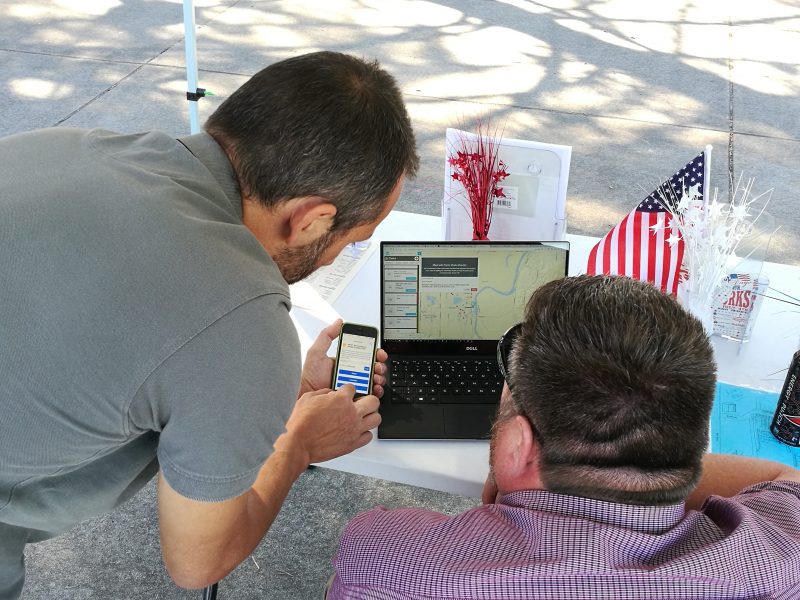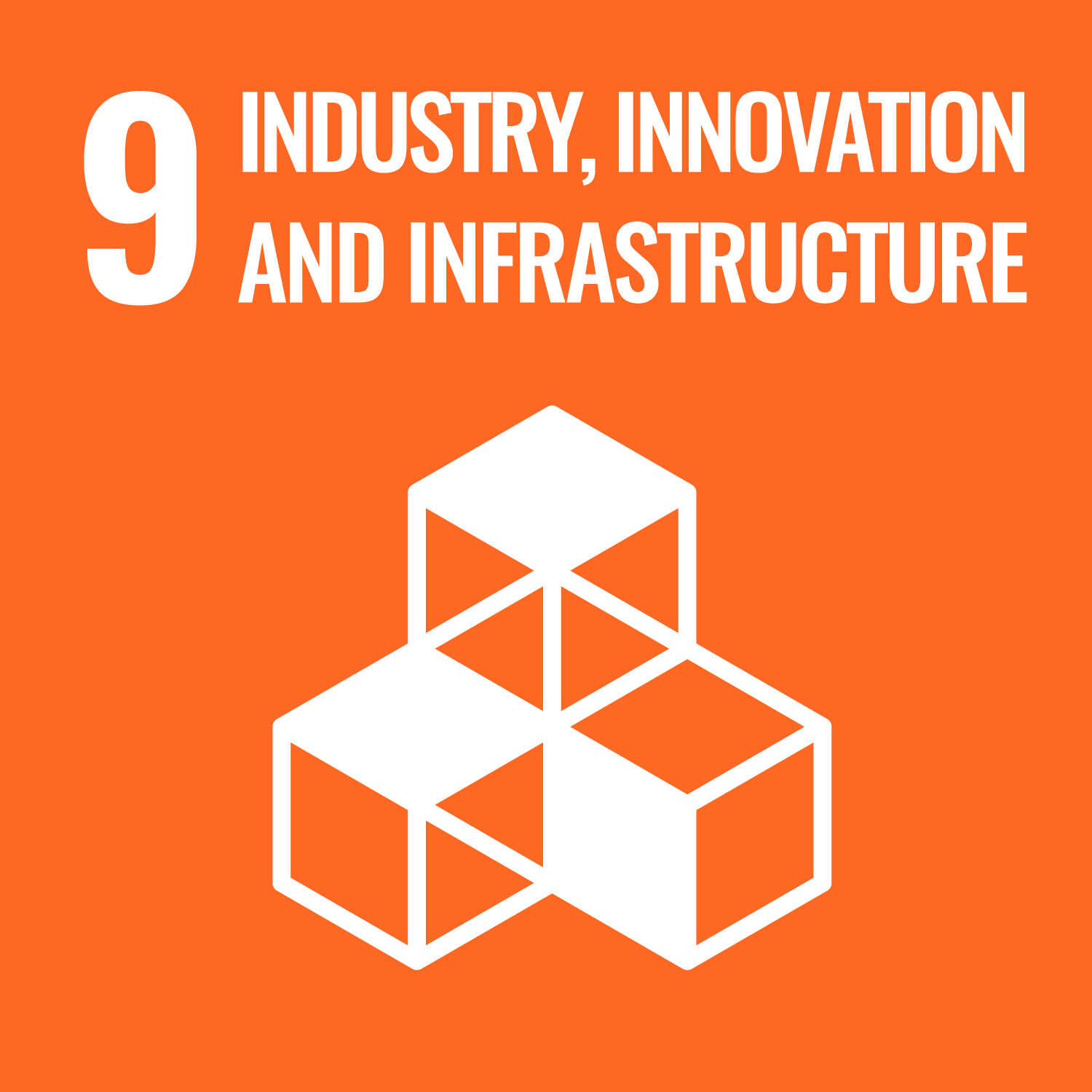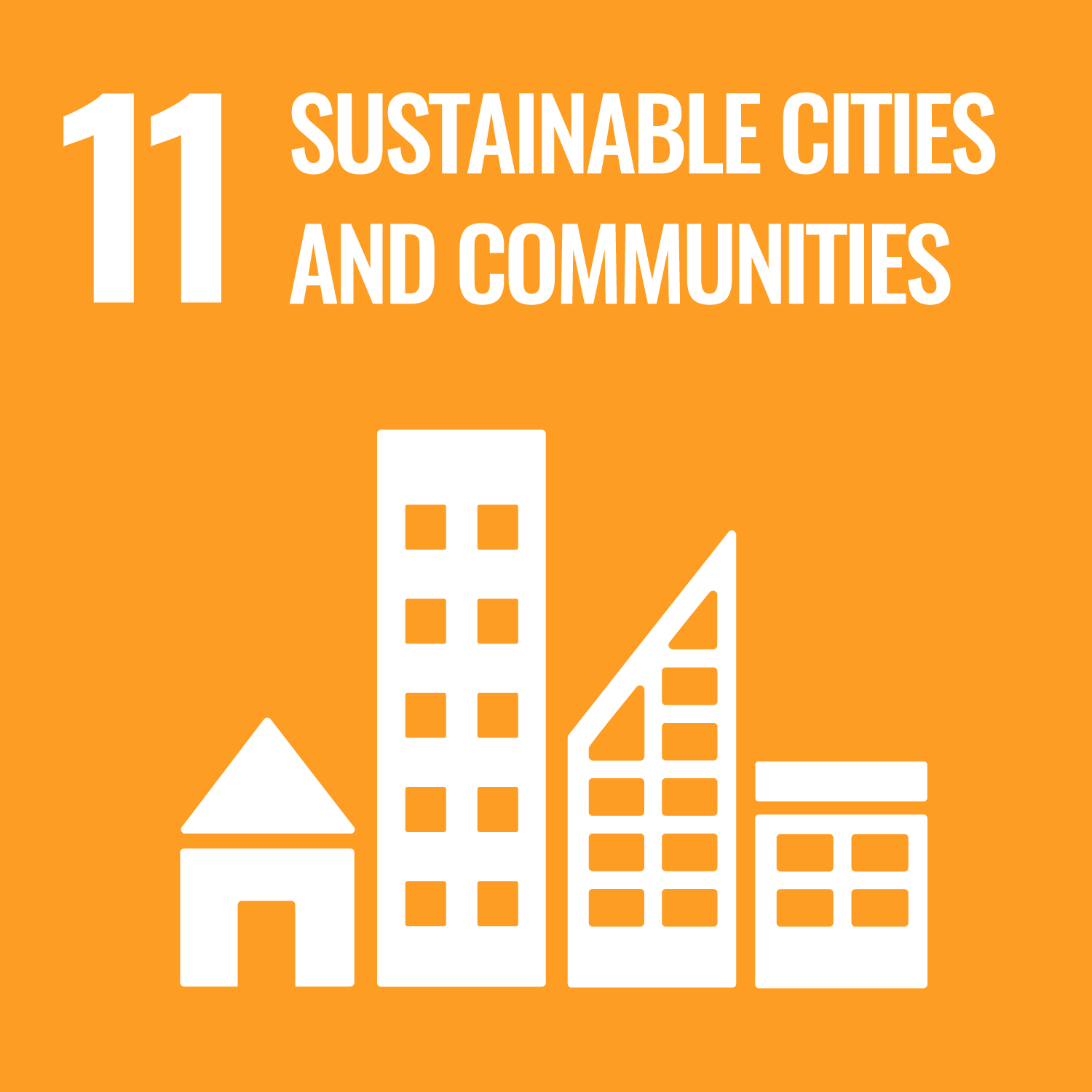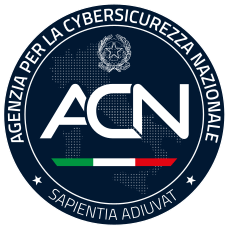security management
Smart monitoring of the urban environment: the case of Independence
The WiseTown solution was chosen by the administrators of the American city of Independence to monitor their city in real-time during the Independence Day celebrations.
Independence Day, celebrated every year on the 4th of July, is one of the most important national holidays in the United States and is also an unmissable event in the City of Independence, Oregon.
The 2018 edition presented an absolute novelty when it came to managing the security of the event: technology played a decisive role in the management and monitoring of the city. The geographical dashboard Situation Room made it possible to manage every sensitive aspect of the event in real-time, with particular reference to communication, traffic, and security.

event monitoring
During the 4th of July celebrations, the small town of Independence, which has a population of about 8,600, hosts more than 20,000 people and visitors from all over Oregon who are attracted by the parades, barbecues and fireworks displays that enliven the town for four whole days.
For the administration of the small town, which has a limited number of dedicated control personnel, the safe running of the event is a priority.
The administration’s need was to have a tool for managing the security of the events, in particular to:
- Monitor people’s crowds in order to avoid overcrowding.
- Respond promptly to any criticalities arising during the event
- Monitor the event in real-time and be able to send a rapid intervention from a single control center without having to cover the whole area.
the security management solution
WiseTown Situation Room is a platform composed of mobile components, social network interfaces and a geographical dashboard that shows in real-time what is happening in a given context.
Open data, geo-referenced posts from social networks, data acquired by IoT sensors specifically placed in the main critical points of the event, and spontaneous citizen reports from an application already used in the city were acquired and processed. The visualization of the data in a single, intuitive and immediate dashboard allowed the surveillance of the events from a single control room center, with a reduced number of staff with the ability to send a prompt intervention targeted at critical locations.
The integration of the Situation Room platform with the city’s existing reporting application has boosted the involvement of residents in the organizational dynamics of the event.
Innovative character of the security control room
WiseTown® Situation Room was able to:
- prevent dangerous situations;
- optimize control;
- speed up intervention methods;
- stimulate valuable communication between event organizers and citizens/visitors.
The system also proved to be capable of integrating the data archives and applications already used in the specific context, thus guaranteeing maximum adaptability to the needs of the specific context.

How the platform works
The Situation Room platform is a kind of centralized brain that collects the necessary information and distributes it to the various actors involved in organizing the party (town hall staff, volunteers, police, etc.).
Each team member has the possibility to access the dashboard in order to manage the administrative part of their competence: viewing analyses and reports, having an overview of the data on the map, managing and assigning alerts.
The instructions that reach the operations center are based on data from specially installed IoT sensors, open data, video surveillance of the area, and geo-referenced posts on Twitter. The information, collected and processed, provides very useful information on people densities, traffic and road conditions etc.
Another primary function of the Situation Room is the possibility for citizens to submit reports through an app, social networks or by accessing a portal created specifically for this purpose.
Project realised for the City of Independence, Oregon, USA
City of Independence is a city in the United States, located in Oregon, with a population of 8,500. The city’s progressive and innovative institutions have the ambition to combine the city’s tradition of history, culture and anniversaries with the unique opportunities provided by new technologies.
How the project came about
The Pilot Project was funded by FIWARE, a European business accelerator and official partner of the Global City Teams Challenge.
Press review
- FIWARE blog: WiseTown – situation room platform used to monitor the 4th of july celebration in the city of independence
- Corriere dell’Umbria del 7 luglio 2018, pag.13: «Independence Day, sicurezza perugina» – In Oregon festeggiamenti controllati da sistemi innovativi: un team ha ideato sensori per verificare gli assembramenti
- Corriere dell’economia: Independence Day in Oregon: sicurezza affidata al Made in Umbria – La software house TeamDev monitorerà le celebrazioni di Independence con la dashboard geografica SituationRoom
- PerugiaToday: Tecnologia “made in italy” per gestire la sicurezza di Independence Day: Sono già iniziati i festeggiamenti per l’Independence Day. In Oregon, la sicurezza del grande evento viene affidata alla tecnologia italiana
- City Journal: Usa, tecnologia made in Umbria per gestire la sicurezza di Independence Day
- IlTamTam.it: Web app umbra per la festa Usa del 4 luglio
- PerugiaToday: Made in Umbria che spacca! La sicurezza per la festa del 4 luglio Usa gestita da un App perugina
- UmbriaLeft: 4 Luglio sicuro in Oregon grazie alla “TeamDev”
- Investing.com: Da azienda software sicurezza città Usa
- Corriere dell’Umbria-venerdì 16 marzo 2018: “App della sicurezza tutta perugina conquista gli USA”
Contribution to sustainable urban development
The project aims to contribute to the achievement of the following Sustainable Development Goals of the 2030 Agenda, defined and promoted by the United Nations:
SDG 9. Building resilient infrastructure, promoting inclusive and sustainable industrialisation and fostering innovation






